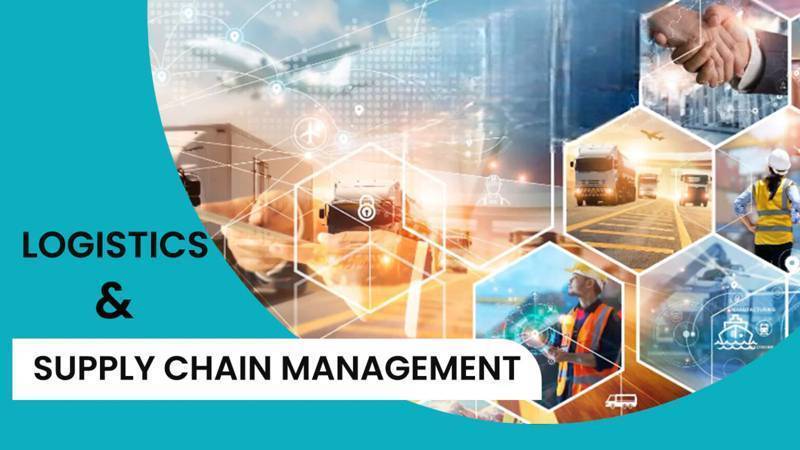 EduBridger
EduBridger
This course provides a comprehensive understanding of logistics and supply chain management, focusing on the strategies, processes, and technologies that drive efficient movement of goods and services across global markets. Students will explore procurement, production, inventory control, distribution, and customer service while learning how to optimize supply chain networks to reduce costs and improve overall performance.
By combining real-world case studies with practical applications, the course equips learners with the skills needed to manage logistics operations, implement supply chain strategies, and adapt to the challenges of a rapidly changing global trade environment.
This program is ideal for students, working professionals, entrepreneurs, and business owners who want to build expertise in logistics, warehousing, procurement, distribution, and supply chain optimization.
Concepts and evolution of logistics & supply chain management
Importance of logistics in business and economy
Differences between logistics, supply chain, and value chain
Key drivers of supply chain efficiency
Supply chain models (Lean, Agile, Hybrid)
Demand forecasting and planning
Network design: suppliers, manufacturing, warehouses, distribution centers
Aligning supply chain with business strategy
Sourcing and supplier selection
Procurement process and negotiation strategies
Inventory types and classification (ABC analysis, EOQ, JIT, VMI)
Inventory control techniques and demand planning
Warehouse layout, design, and operations
Order picking, packaging, and material handling
Distribution channels and strategies
Reverse logistics and returns management
Modes of transportation (air, sea, rail, road, pipeline)
Freight forwarding and multimodal transport
Fleet management and route optimization
Role of 3PL (Third Party Logistics) and 4PL providers
Logistics Information Systems (LIS) & Enterprise Resource Planning (ERP)
Automation in warehouses (RFID, Barcode, IoT, Robotics, Drones)
Digital supply chains: Blockchain, AI, and Big Data analytics
E-commerce logistics and last-mile delivery solutions
International trade, import/export procedures
Customs, documentation, and compliance
Global sourcing and supply chain risks
Case studies in global logistics networks
Green logistics and environmental impact
Circular economy and waste reduction
Risk management and supply chain resilience
Future trends in logistics and supply chain
Real-world case studies from FMCG, retail, automotive, and e-commerce industries
Supply chain challenges during global disruptions (e.g., COVID-19)
Best practices from leading organizations like Amazon, Walmart, DHL
Develop a supply chain strategy for a chosen business
Analyze logistics network efficiency and propose improvements
Presentation of findings and recommendations
